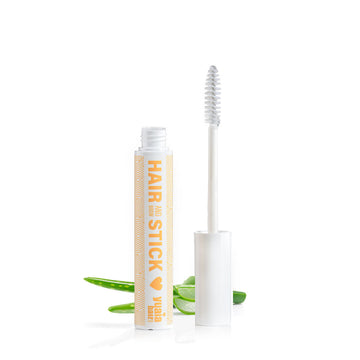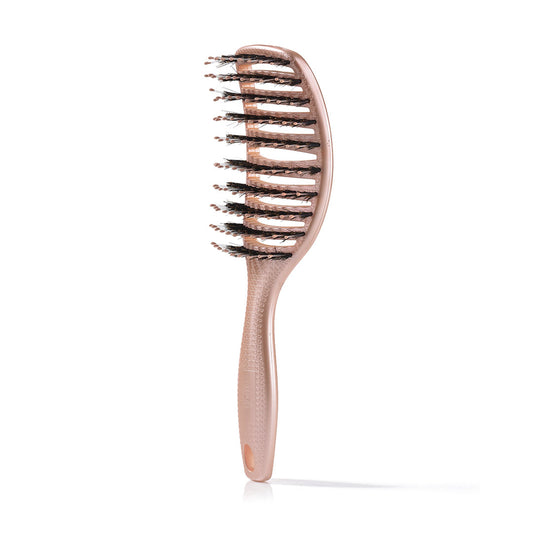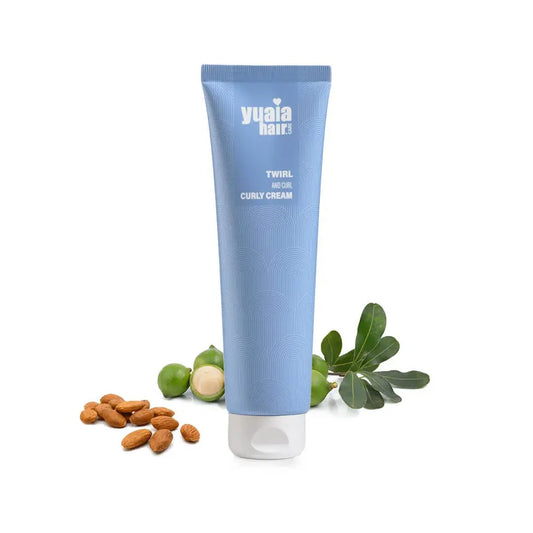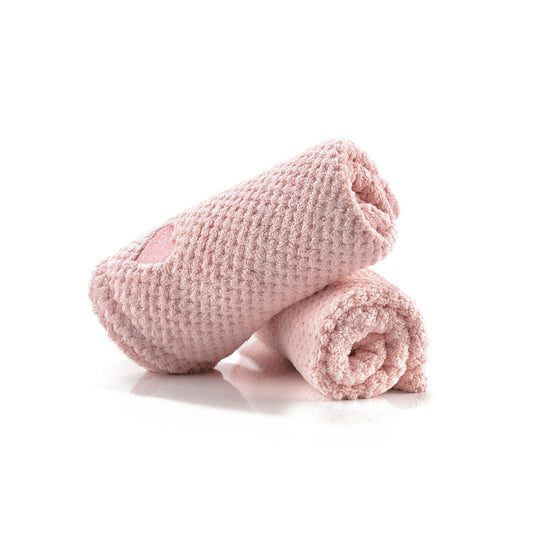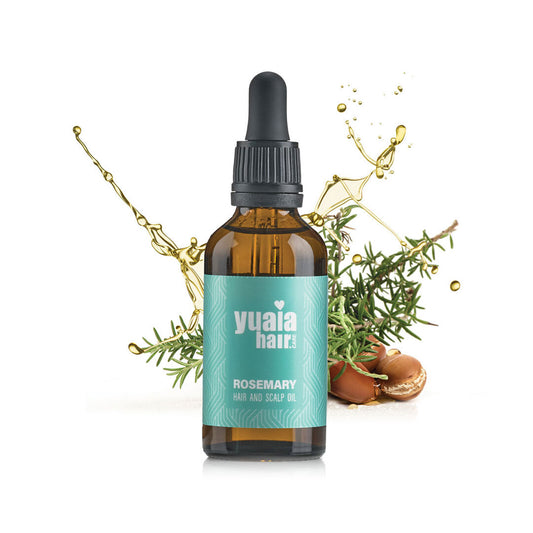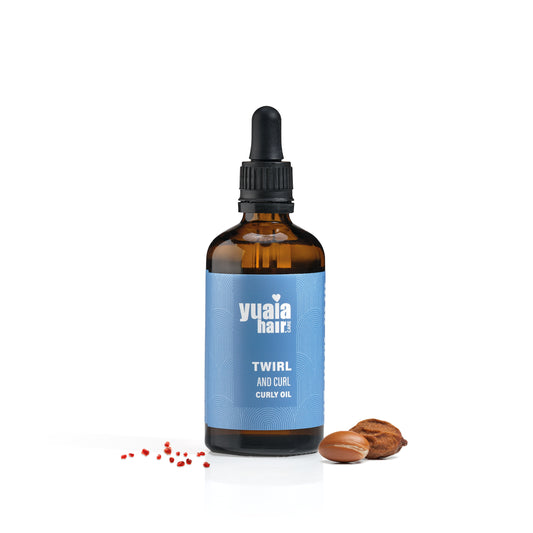
Exploring the benefits of jojoba oil for low porosity hair
Jojoba oil stands out as a top choice for low porosity hair due to its unique properties. Its lightweight and non-greasy nature allows it to be easily absorbed by hair that typically resists moisture. Unlike heavier oils, jojoba oil mimics the natural sebum produced by the scalp, facilitating better absorption without causing buildup. This makes it an excellent option for those seeking to enhance hair health without the weight of heavier products.
Key nutrients in jojoba oil and their impact
Jojoba oil is not just about its texture; it is rich in essential nutrients that support hair health. It contains Vitamin E, which helps maintain normal hair, alongside B-complex vitamins, copper, and zinc. These nutrients work together to promote hair growth and improve scalp health, crucial for maintaining moisture and preventing breakage. By incorporating jojoba oil into your hair care routine, you can take advantage of these benefits to enhance the overall condition of your hair.
Moisture sealing and breakage prevention
One of the standout benefits of jojoba oil is its ability to seal in moisture. This is particularly beneficial for low porosity hair, which struggles to retain hydration. By forming a protective barrier, jojoba oil helps reduce breakage and soothes the scalp, ensuring that your hair remains healthy and vibrant. Additionally, it helps balance oil production, minimizing dryness and frizz, which are common concerns for those with low porosity hair.
Comparing jojoba oil to other oils for low porosity hair
When compared to other oils, jojoba oil has a significant advantage due to its lightweight nature. Heavier oils often sit on the surface of the hair, leading to a greasy appearance and potential buildup. In contrast, jojoba oil is absorbed more readily, leaving hair softer and healthier. For those exploring alternatives, lightweight oils like grapeseed or rosehip oil can also be considered, but jojoba oil remains a preferred option for its versatility and compatibility with low porosity hair.
Practical tips for using jojoba oil effectively
Incorporating jojoba oil into your hair care routine can be straightforward with the right approach. Here are some practical tips:
- Apply jojoba oil to damp hair to enhance absorption and lock in moisture.
- Use it as a pre-shampoo treatment by massaging it into the scalp and hair, then rinsing it out before shampooing.
- Blend jojoba oil with other lightweight oils for a customized hair care solution that caters to your specific needs.
For those with curly hair, using a product like our Twirl and Curl curly cream can complement the benefits of jojoba oil, providing additional moisture and definition without weighing down your curls.
By understanding the unique properties of jojoba oil and integrating it into your hair care regimen, you can effectively manage low porosity hair, ensuring it remains healthy, hydrated, and vibrant.
Additional content and FAQs: Supporting your hair care journey
Common misconceptions about jojoba oil and low porosity hair
One prevalent misconception is that all oils are too heavy for low porosity hair. However, jojoba oil is an exception due to its lightweight and non-greasy nature. Unlike heavier oils, jojoba oil does not sit on the surface of the hair, which means it can be absorbed easily without causing buildup. This makes it an ideal choice for those with low porosity hair who want to maintain hydration without weighing their hair down.
How can you tell if your hair is low porosity?
Identifying low porosity hair can be simple with a few observations. If your hair takes a long time to dry, feels dry to the touch despite using moisturizing products, or if water tends to bead up on the surface rather than being absorbed, you might have low porosity hair. A simple test involves placing a strand of clean hair in a glass of water. If it floats for an extended period, it indicates low porosity.
Is jojoba oil safe for daily use on low porosity hair?
Jojoba oil is generally safe for daily use on low porosity hair, thanks to its lightweight nature and ability to mimic natural scalp sebum. However, moderation is key. Incorporating jojoba oil into your routine a few times a week can help maintain moisture balance without overwhelming the hair. Pay attention to how your hair responds and adjust usage accordingly.
The importance of product purity: Choosing the right jojoba oil
When selecting jojoba oil, it's important to choose a pure, natural product free from additives, silicones, or perfumes. This ensures that you are getting the full benefits of the oil without any potential irritants or unnecessary ingredients that could affect your hair's health. Look for cold-pressed jojoba oil for the highest quality and effectiveness.
How does jojoba oil fit into a sulfate- and silicone-free hair care routine?
Jojoba oil complements a sulfate- and silicone-free hair care routine by providing natural moisture and protection without the need for harsh chemicals. It works well with other gentle products, enhancing overall hair health and maintaining the hair's natural balance. For those seeking to maintain a healthy hair environment, jojoba oil is a versatile and effective choice.
Additional tips for maintaining healthy low porosity hair
Maintaining healthy low porosity hair involves using the right tools and techniques. Consider using a microfiber towel to gently dry your hair, reducing friction and preventing frizz. Additionally, using a rosemary oil can further enhance your hair care routine by promoting scalp health and providing a refreshing scent.
Frequently asked questions
Can jojoba oil be used with other hair oils?
Yes, jojoba oil can be blended with other lightweight oils to create a personalized hair care solution. Combining it with oils like grapeseed or rosehip oil can enhance its benefits and cater to your hair's specific needs.
What is the best way to apply jojoba oil to low porosity hair?
For optimal absorption, apply jojoba oil to damp hair. This helps lock in moisture and ensures the oil penetrates the hair shaft more effectively. You can also use it as a pre-shampoo treatment by massaging it into your scalp and hair before washing.
Does jojoba oil help with frizz control?
Yes, jojoba oil can help control frizz by balancing the hair's natural oil production and sealing in moisture. Its lightweight nature ensures that it smooths the hair cuticle without weighing it down, making it a great option for frizz management.
 2-4 day UK delivery
2-4 day UK delivery
 25.000+ satisfied customers
25.000+ satisfied customers
 Satisfaction Guarantee
Satisfaction Guarantee

















